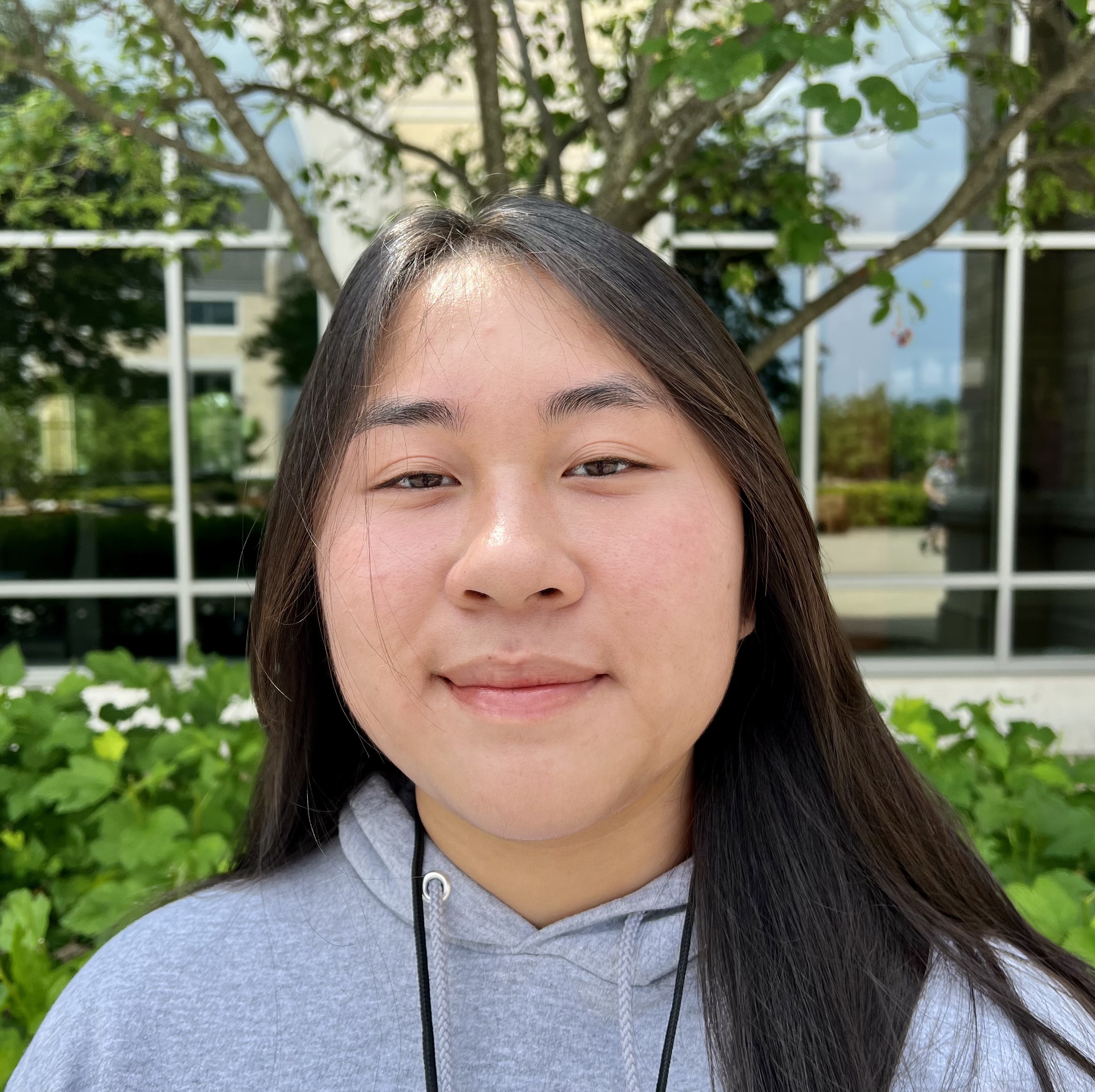
When I’d watch pro tennis players in elementary school, from Serena Williams to Andy Murray, I’d see their giant reactions when they lost. They would argue with the umpire and smash their racquet on the court. Seeing this at such an age when my mind could mold into anything, I thought acting out like this would make my playing top tier. Growing up I was a super competitive person, and that created a horrible mindset — I did whatever it took to secure the trophy. I didn’t care what other people wanted, I just needed to be the best. Some of this most likely came from me playing tennis from such a young age and discovering the glory of winning.
My father taught me tennis when I was young, and I never won against him. But playing against my peers gave me a taste of winning, and my hunger for more grew. I had a head start from training with my dad, so the successes piled up and I felt on top of the world. Then I started playing in tournaments.
I handled my first loss extremely poorly. I cried behind my clunky glasses, ripped my ponytail out and wanted to throw my racquet. I just couldn’t handle being a runner-up. Eventually this evolved into me arguing loudly with my opponent over line calls. I only lost occasionally, but when I did, I would take my anger out on the people around me.
I’d always hated rude opponents, ones who would roll their eyes and curse under their breath, but that was me. If I hated playing against those people, what did people think of me? This realization compelled me to think about why losing was so difficult for me.
I began to understand that I was like this because I wanted my parents’ praise, to meet their expectations. They were always at my matches, so I wanted them to watch me succeed. My parents had escaped a civil war and started fresh for our family’s safety. I didn’t want them to have emigrated from Laos just to have a failure of a daughter. A competitive side is something you need in life, but too much of it can poison you and everyone around you. I had started to poison myself and all the people who supported me. I would continue to mope after losses and snap at anything people would say to me. I stayed like this up until my eighth-grade tennis season, when I made the varsity team. That’s when I began to change.
Before I made varsity, I won the majority of my matches. But on the varsity team, I started playing with the higher-level players in my district and losing more often. I recognized that I loved tennis much more than I loved winning. I was going to keep on playing, whether I lost or won. I fixed my attitude and became a more polite player with the largest amount of sportsmanship I could muster. After a match, I would shake hands and genuinely wish my opponent well. Sometimes they would be frustrated, but I could — and can — understand why. I’ve been there, too.
I still cared about winning, but empathy and good sportsmanship mattered more. I wouldn’t cry and I wouldn’t smash my racquet — at least not as much. I realized that I wasn’t losing, I just wasn’t winning. I asked my dad for some simple things I could do to be a better player, and he would tell me, “Take it one point at a time, then one game, then one match.”
As I continue to grow, as a player and a person, I’ll use my newfound knowledge to successfully handle hard losses, and sympathize with opponents and friends. Sometimes I’ll lose matches, get a bad grade or maybe lose job opportunities, but I know I can handle it with grace.
